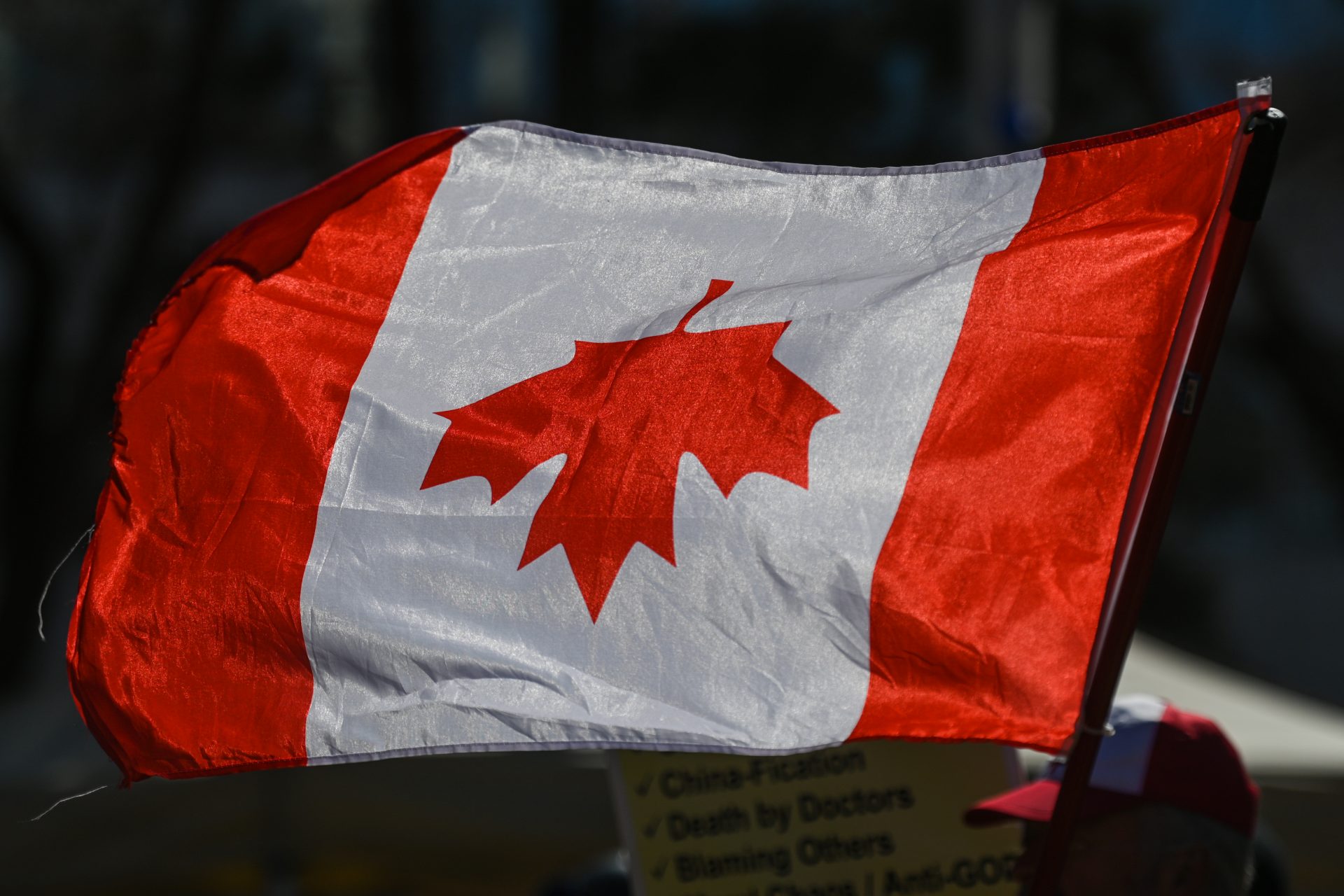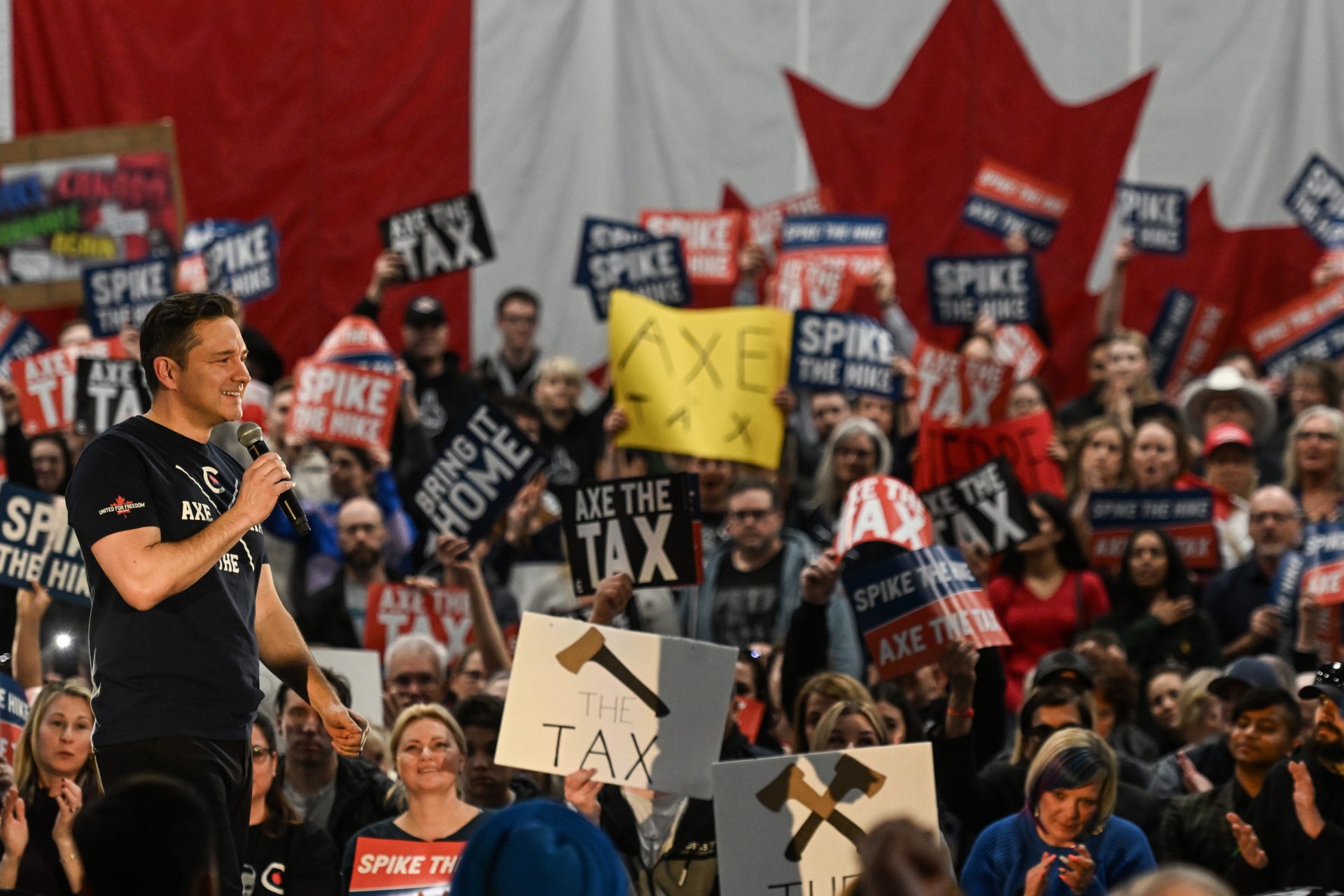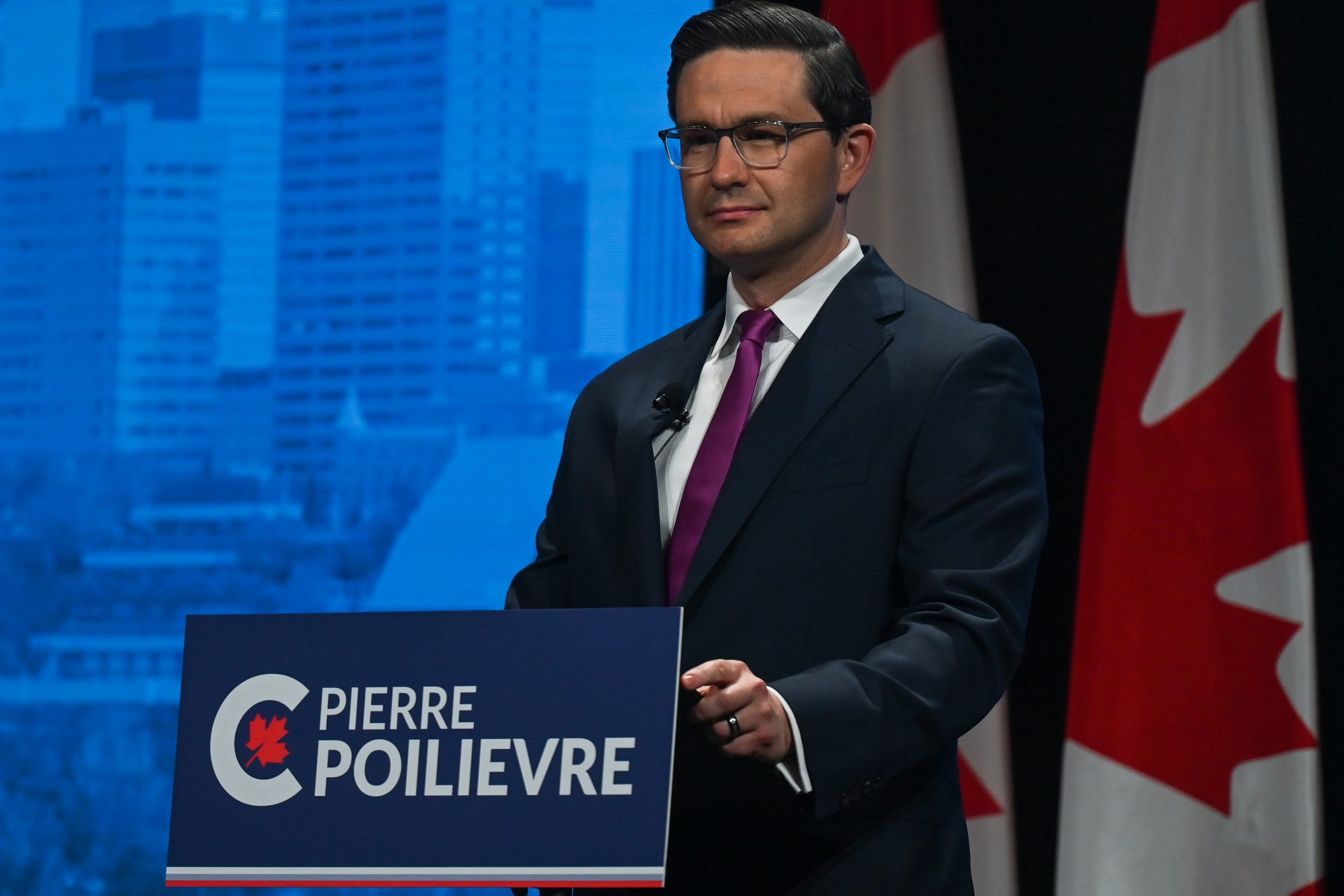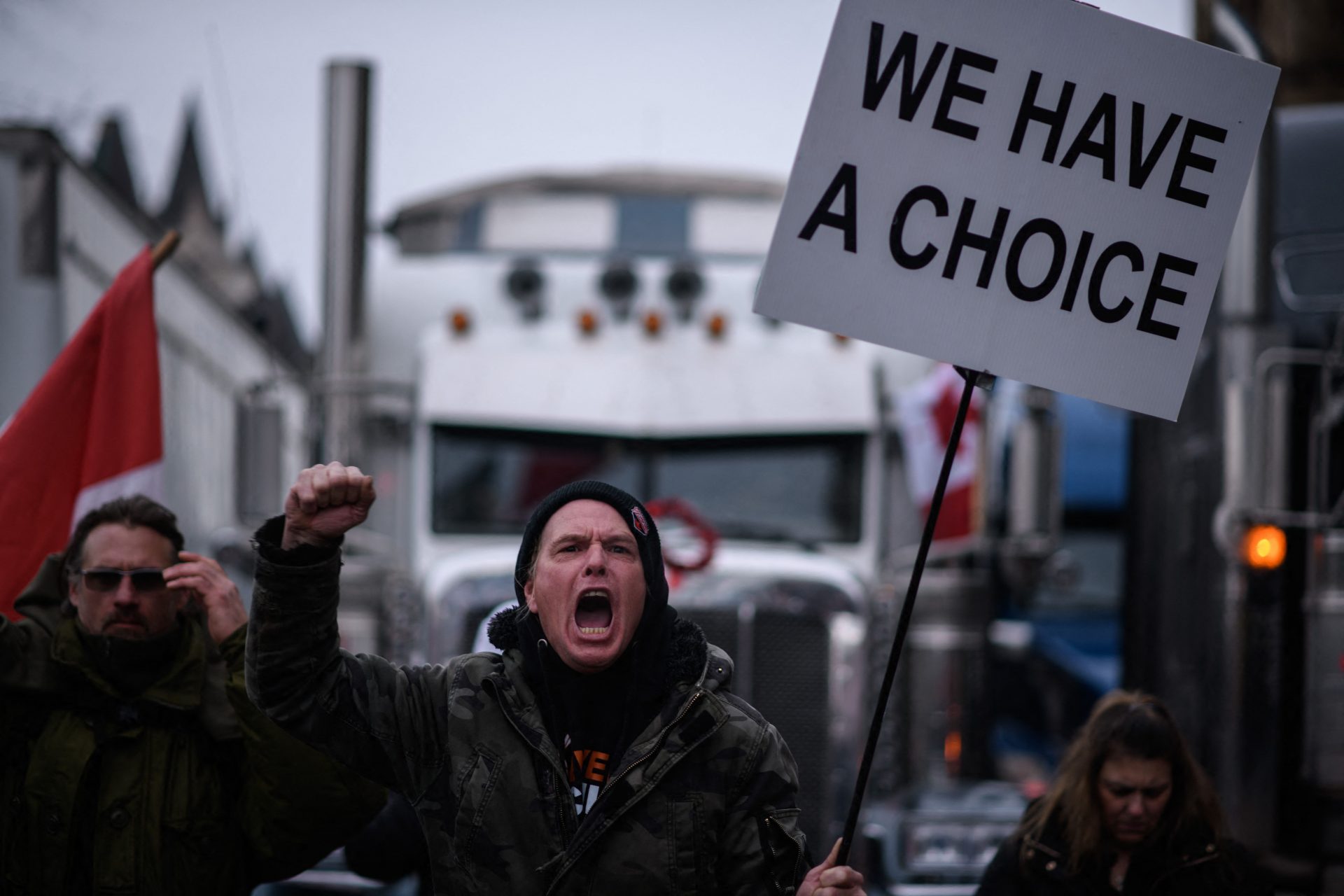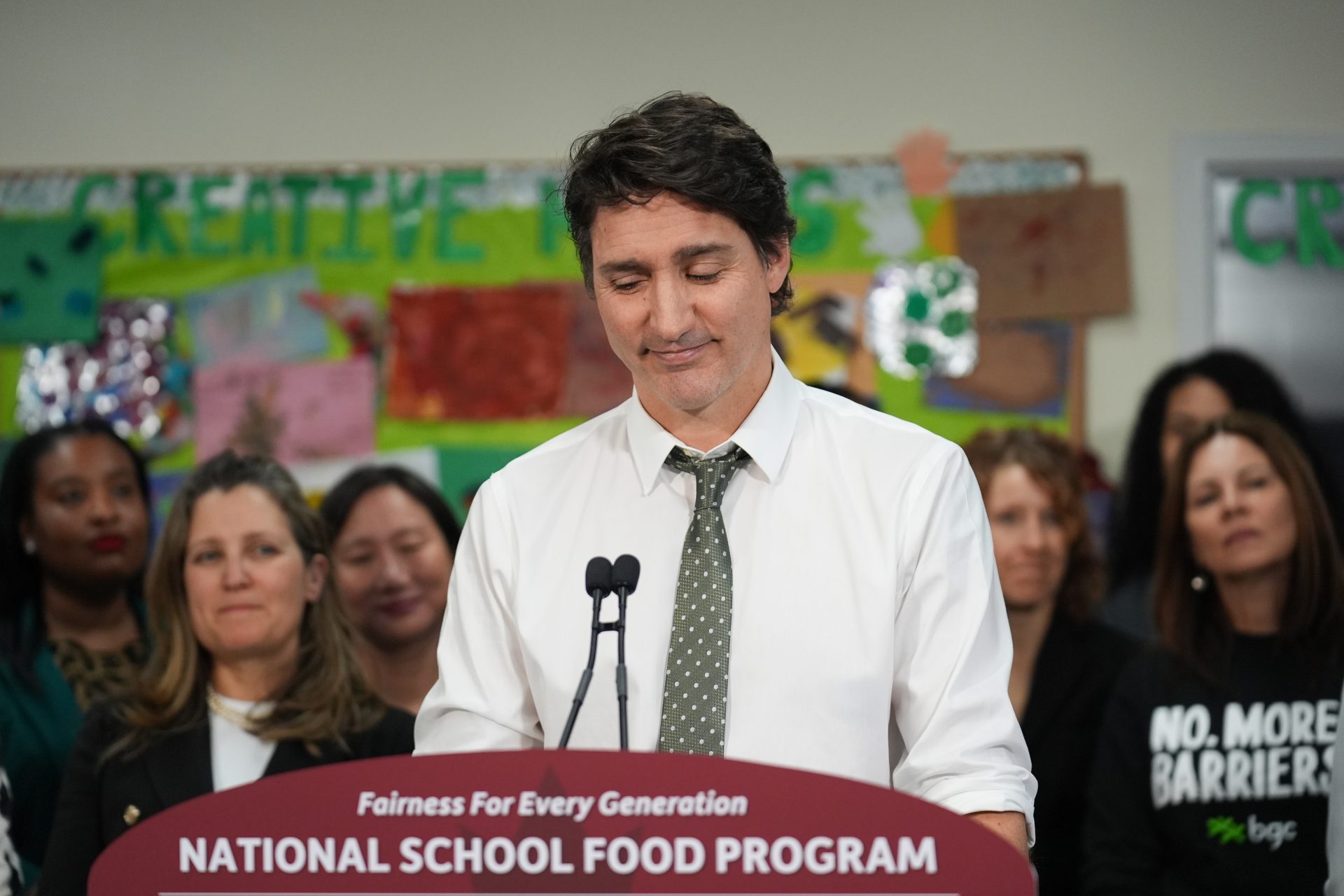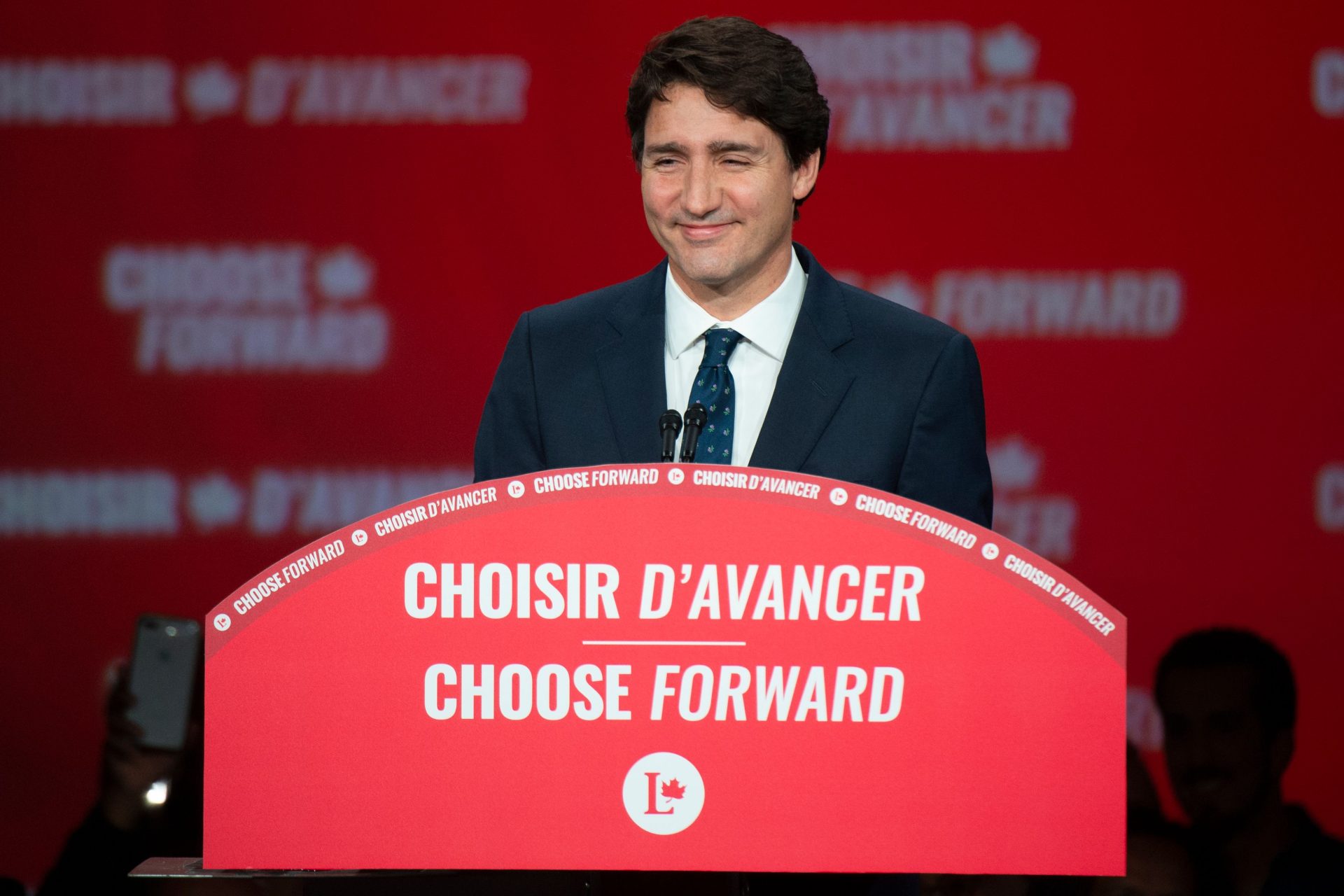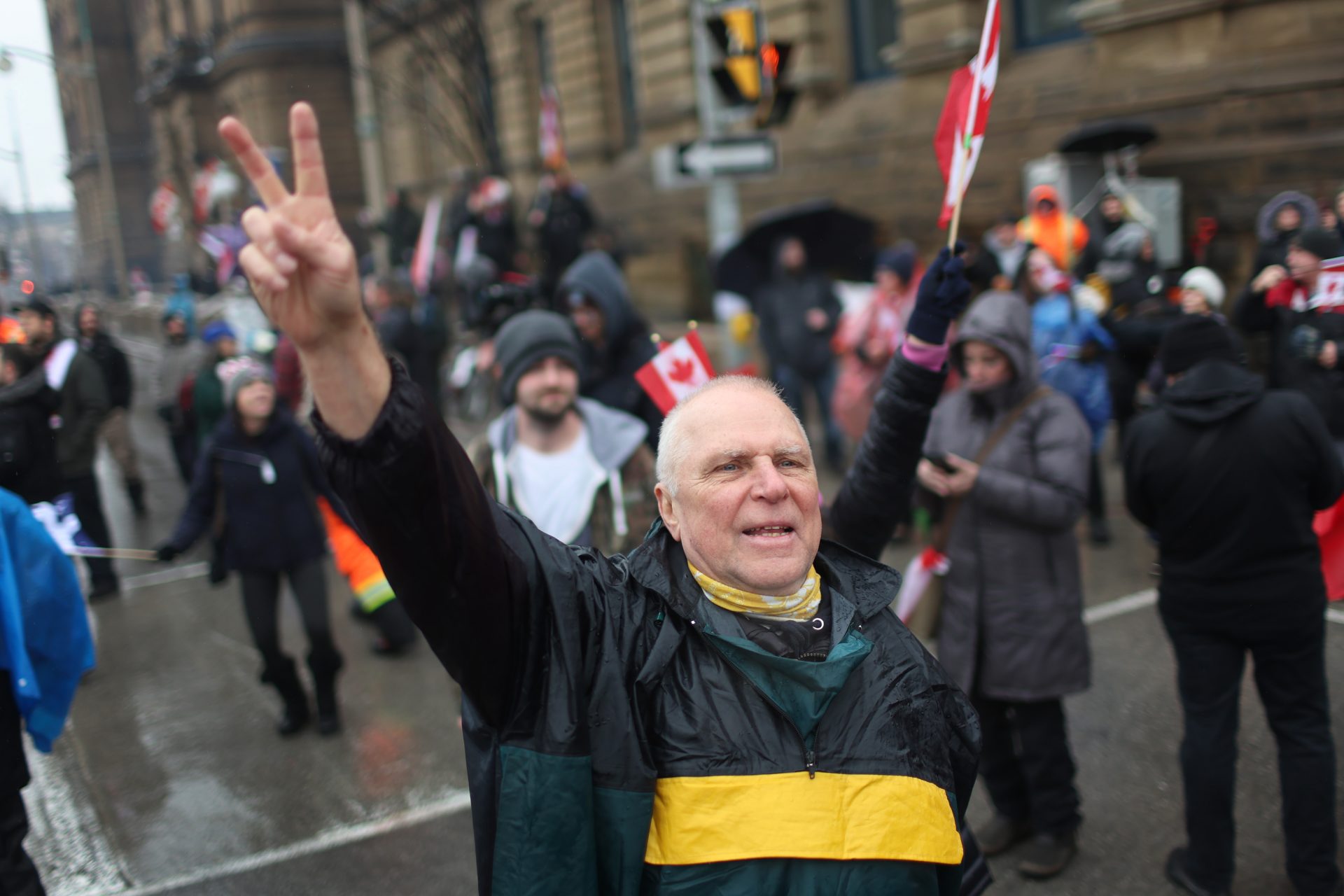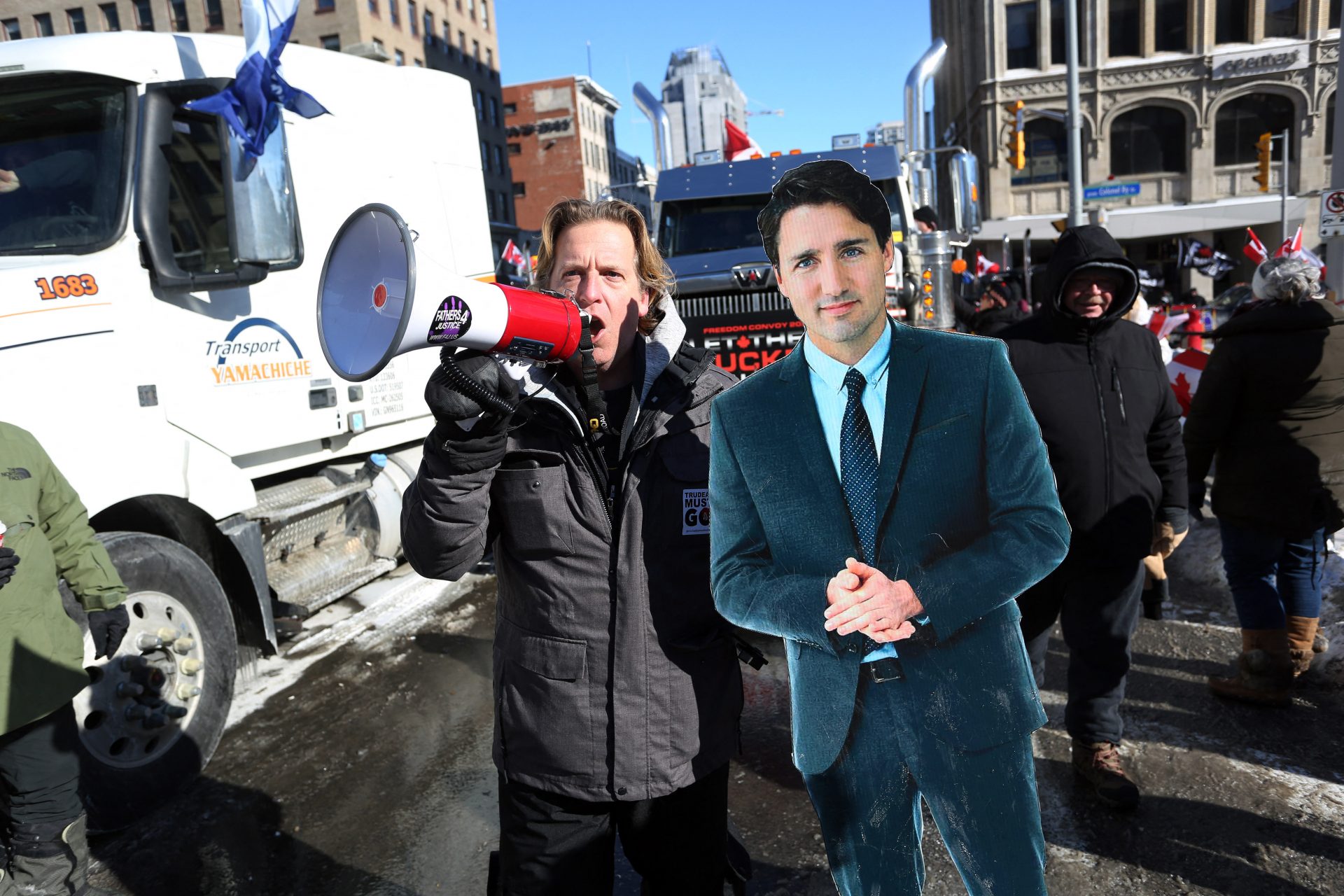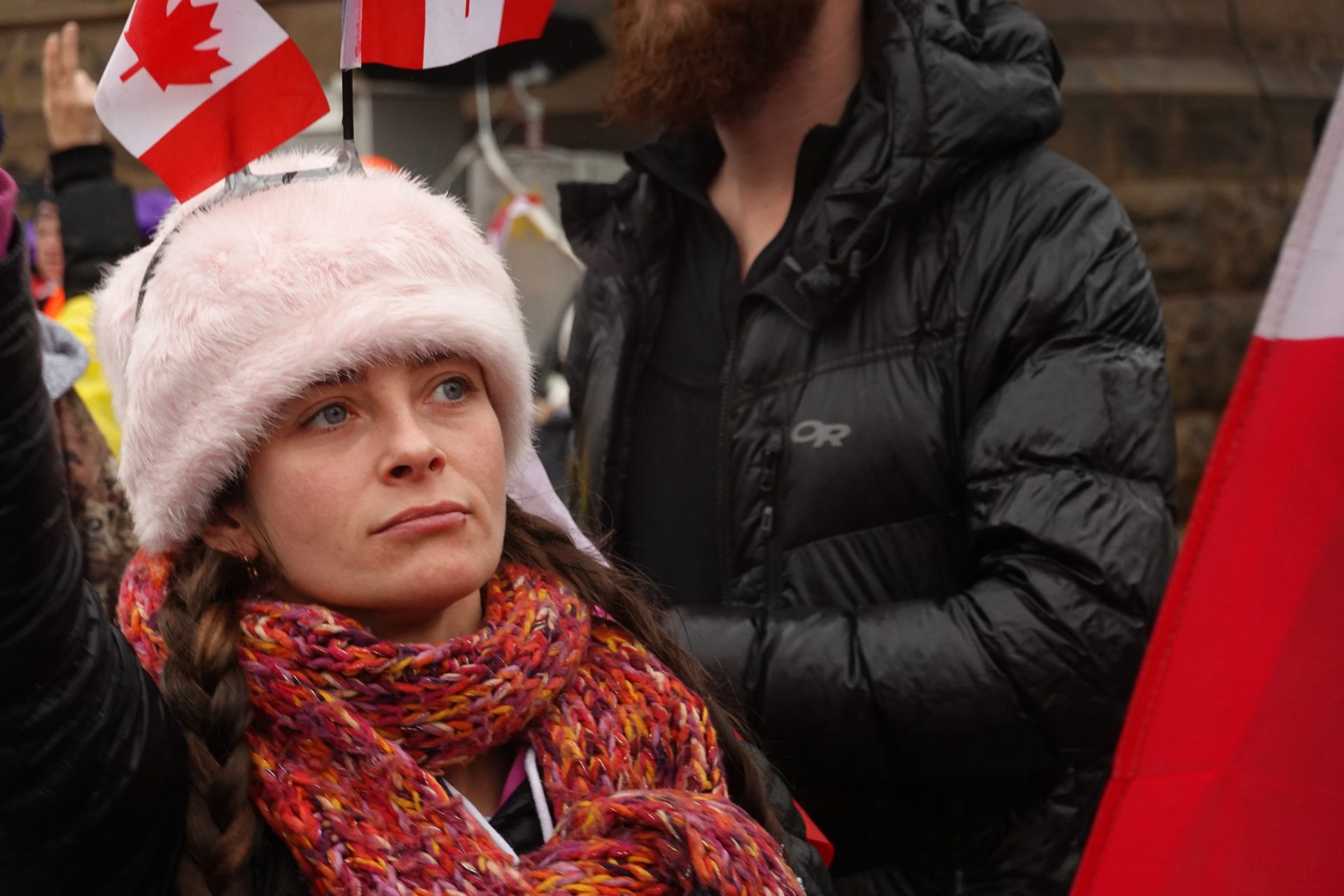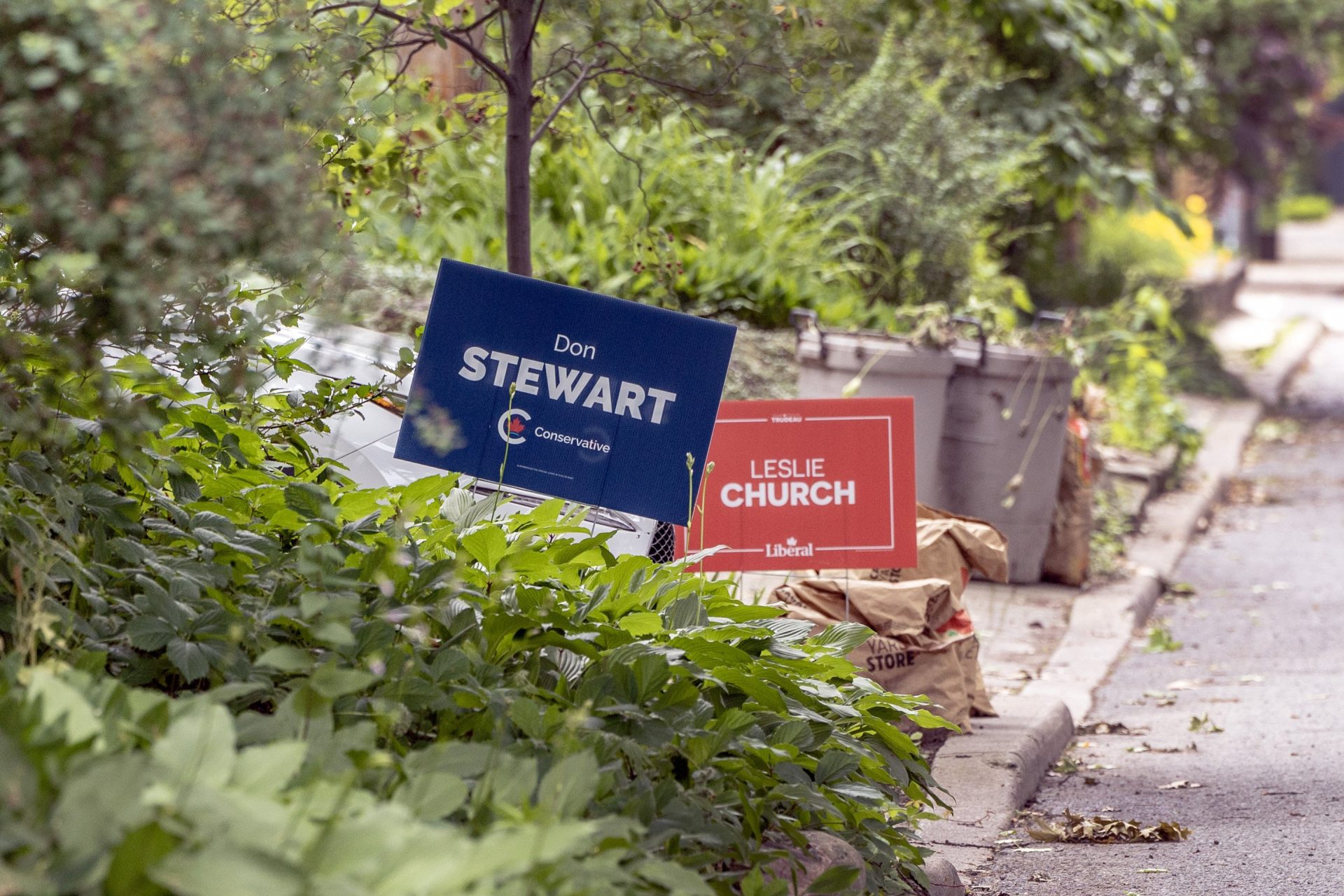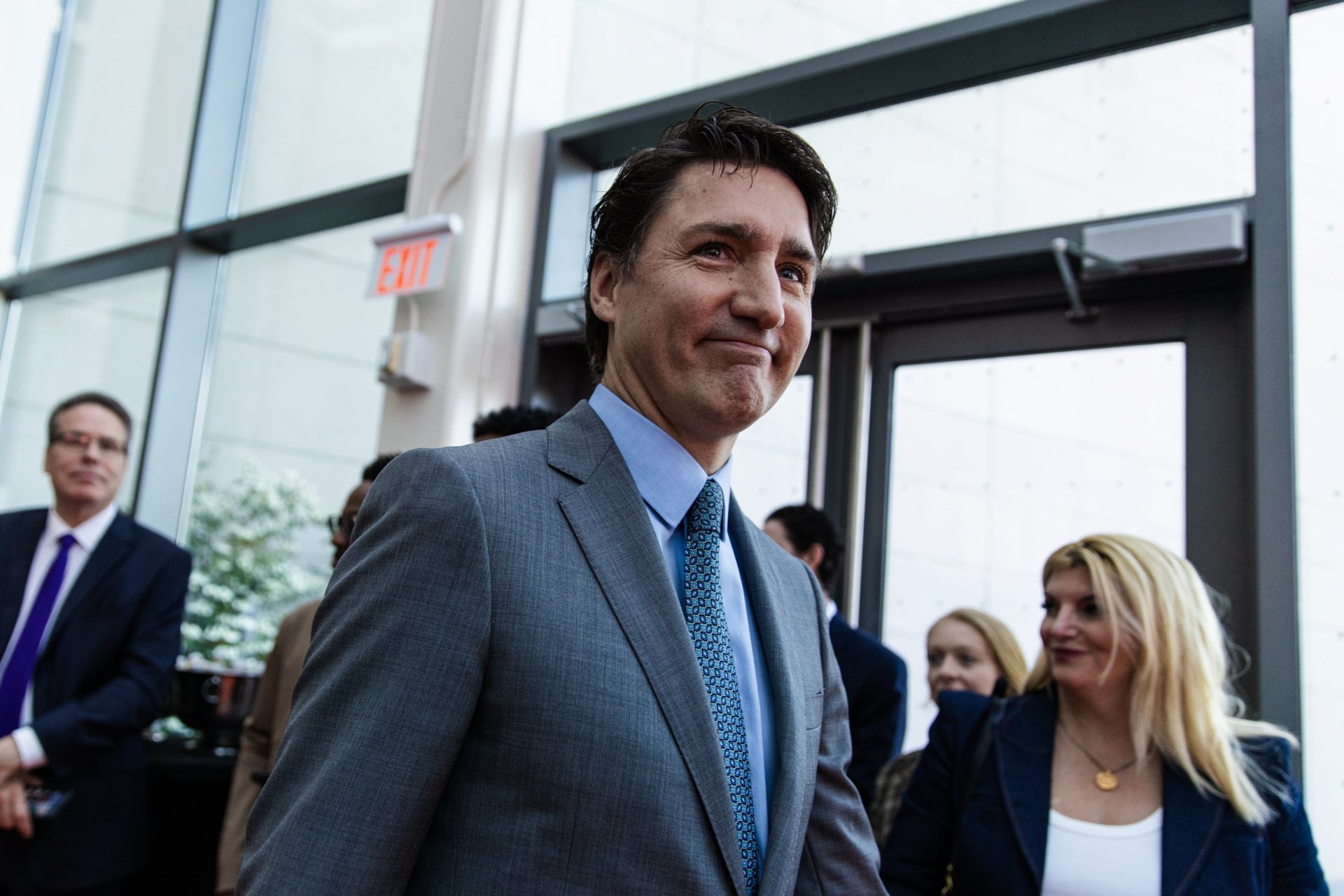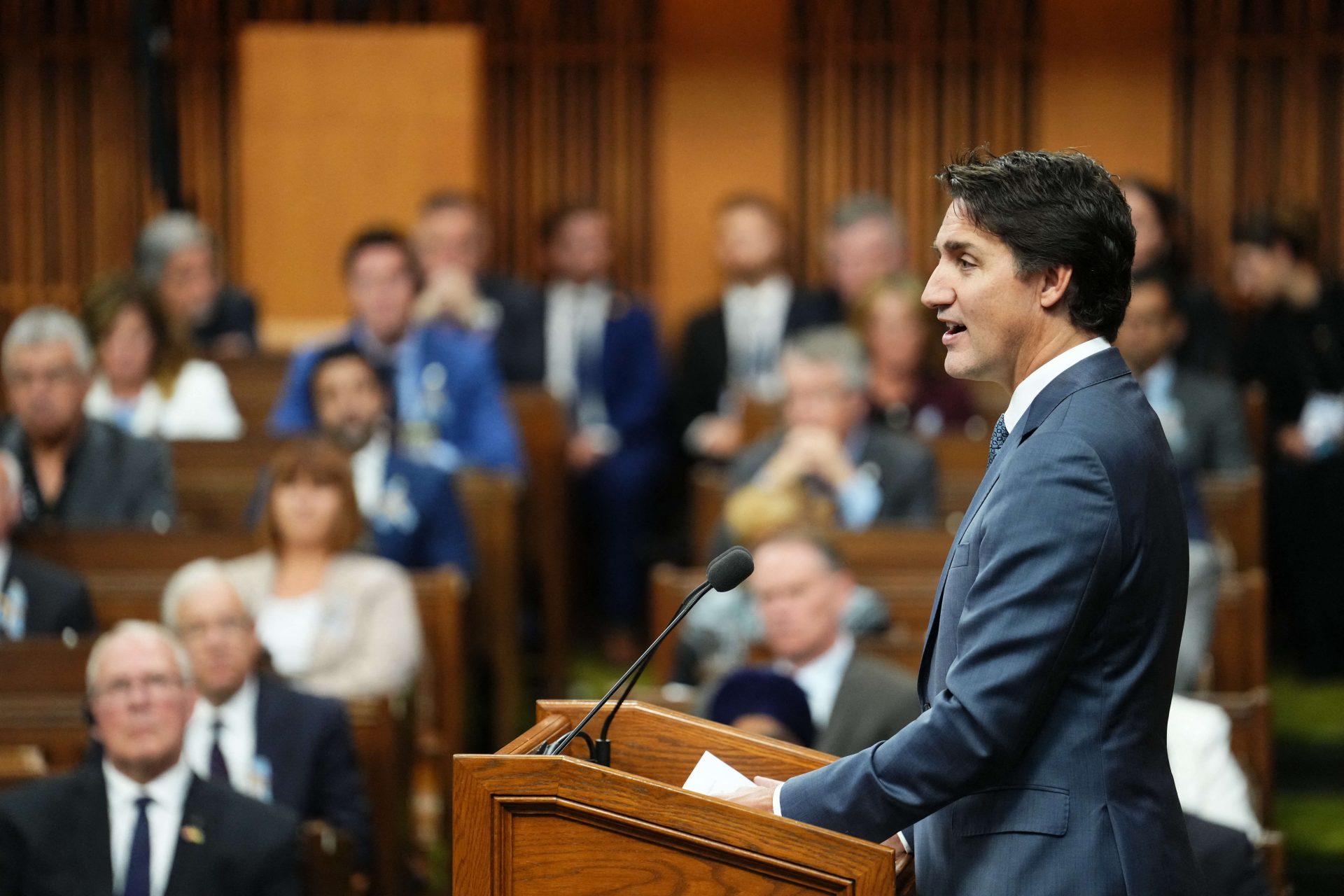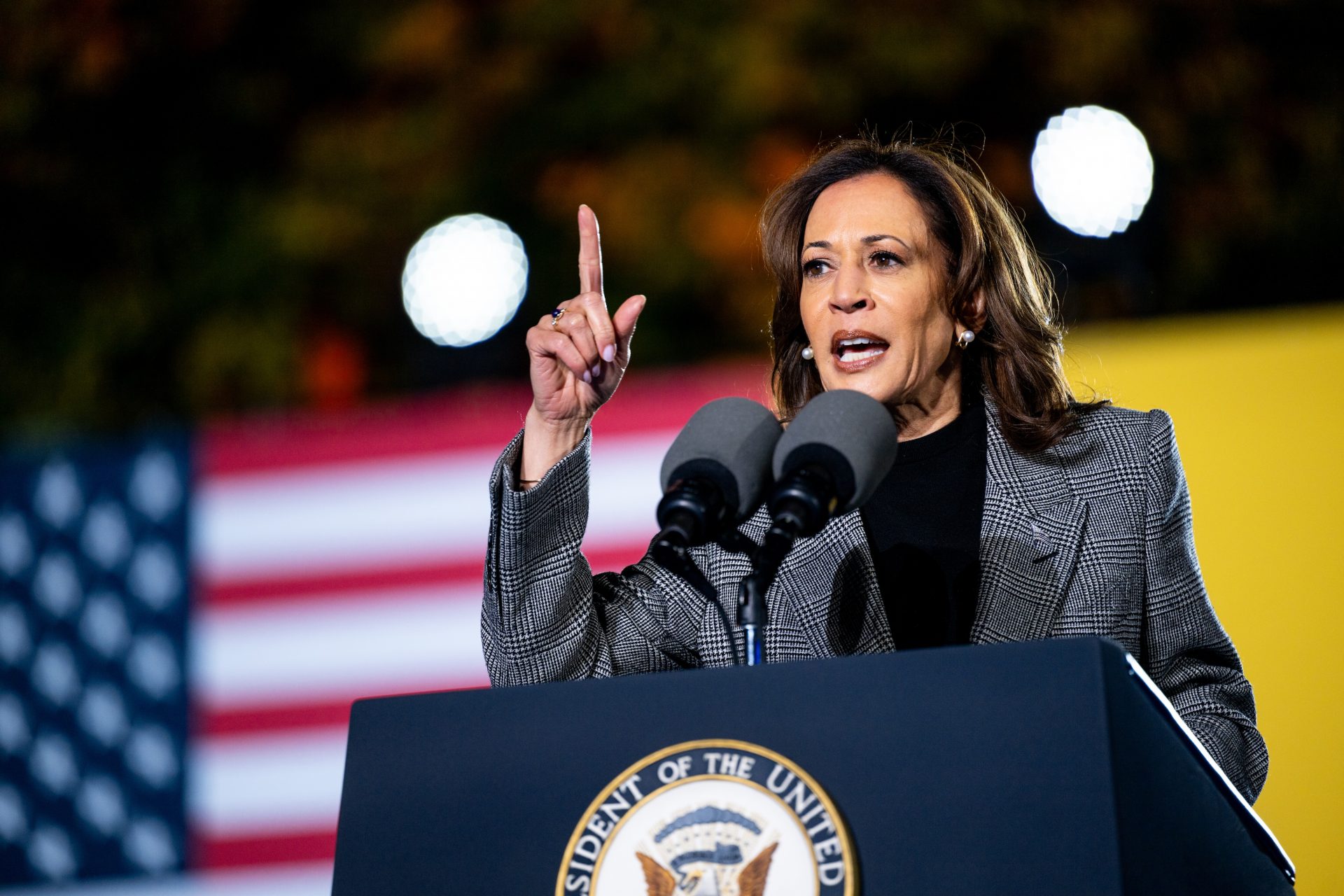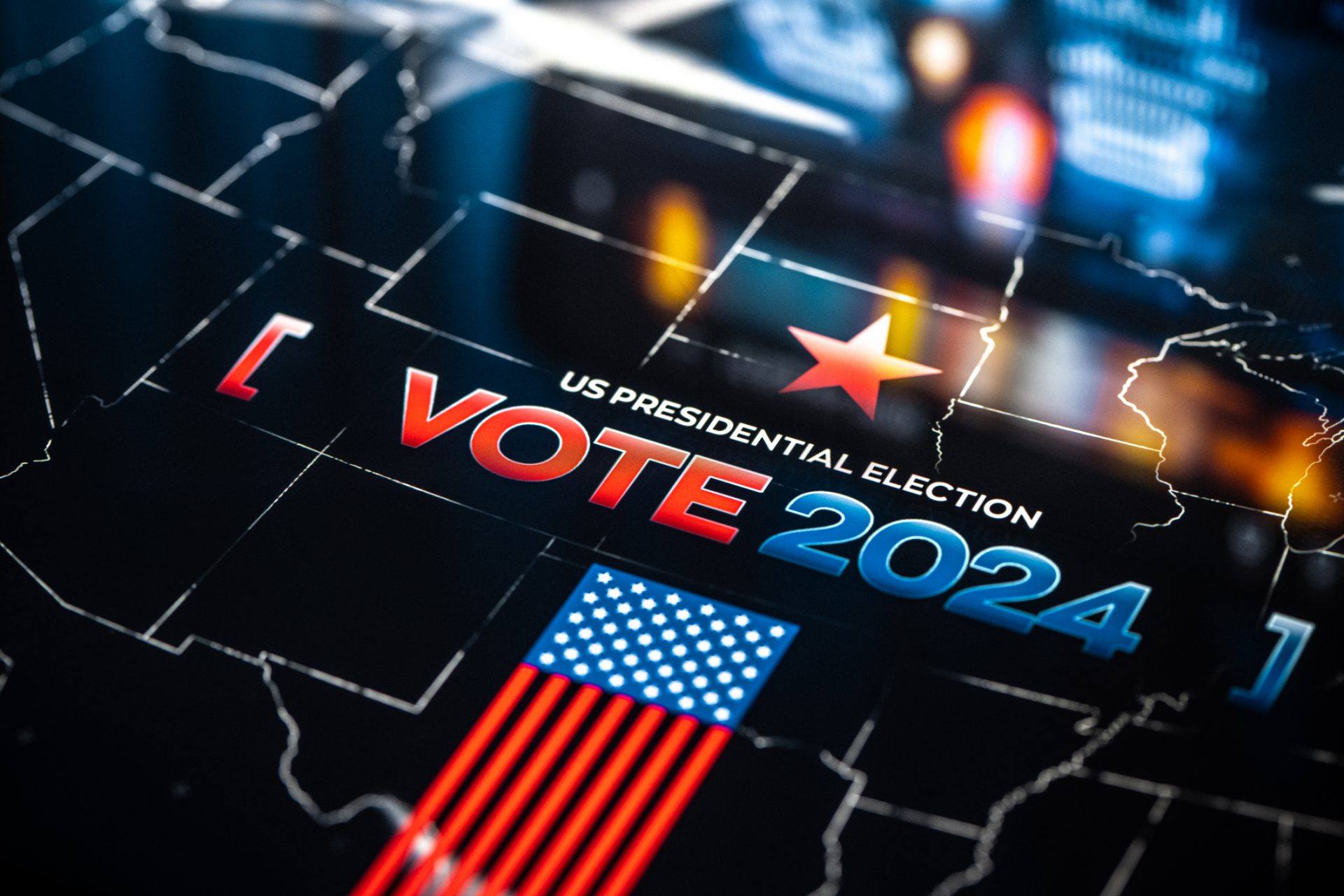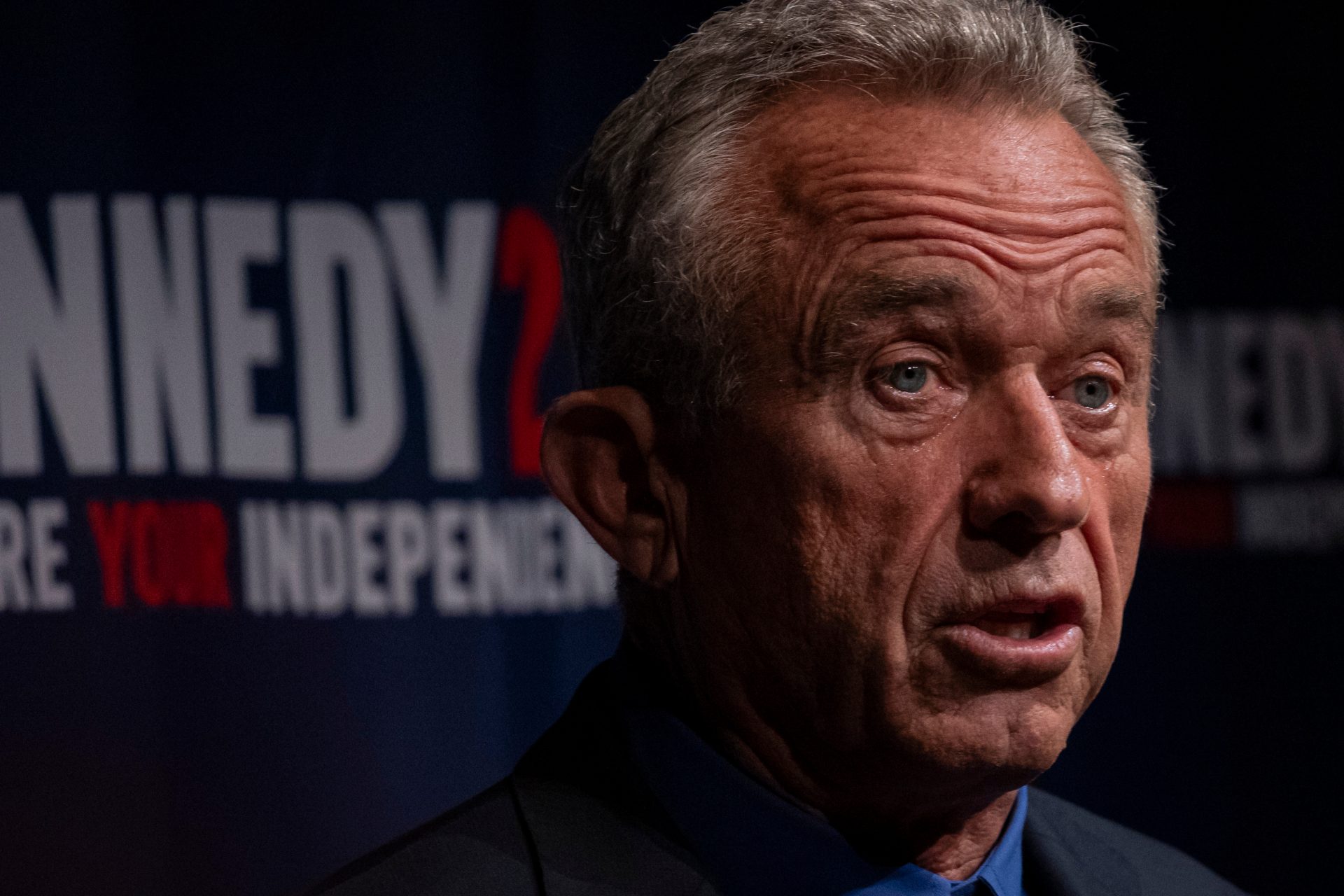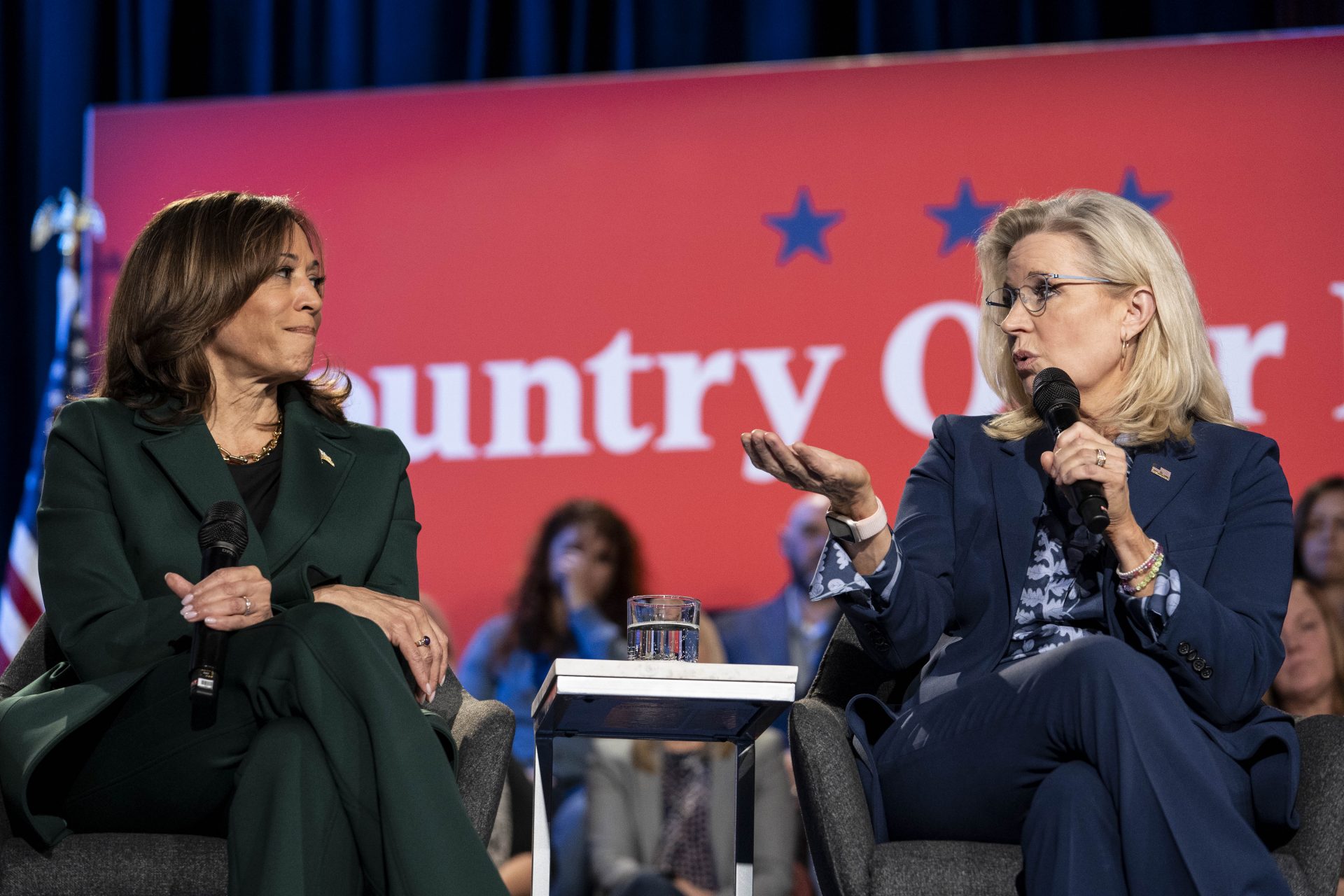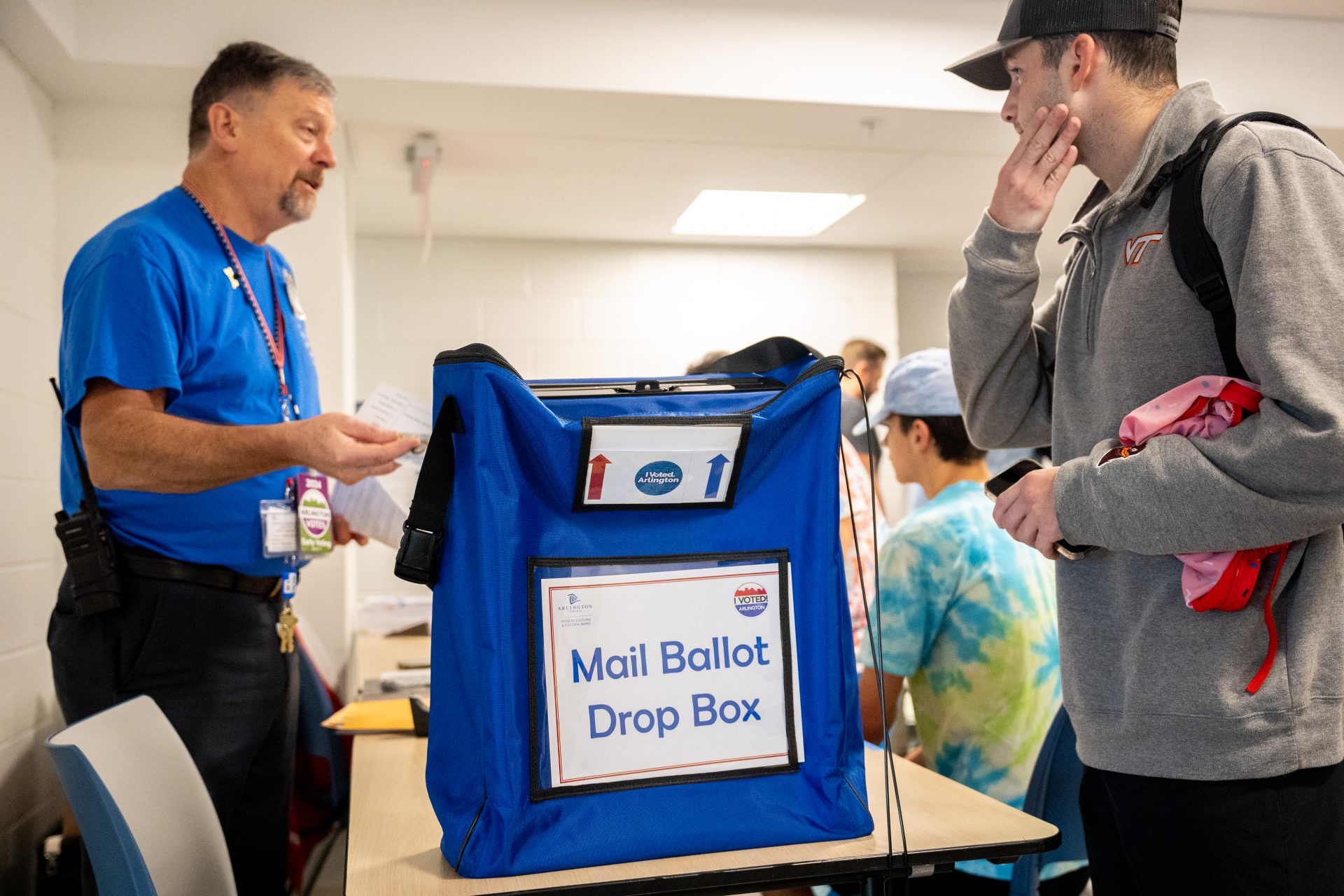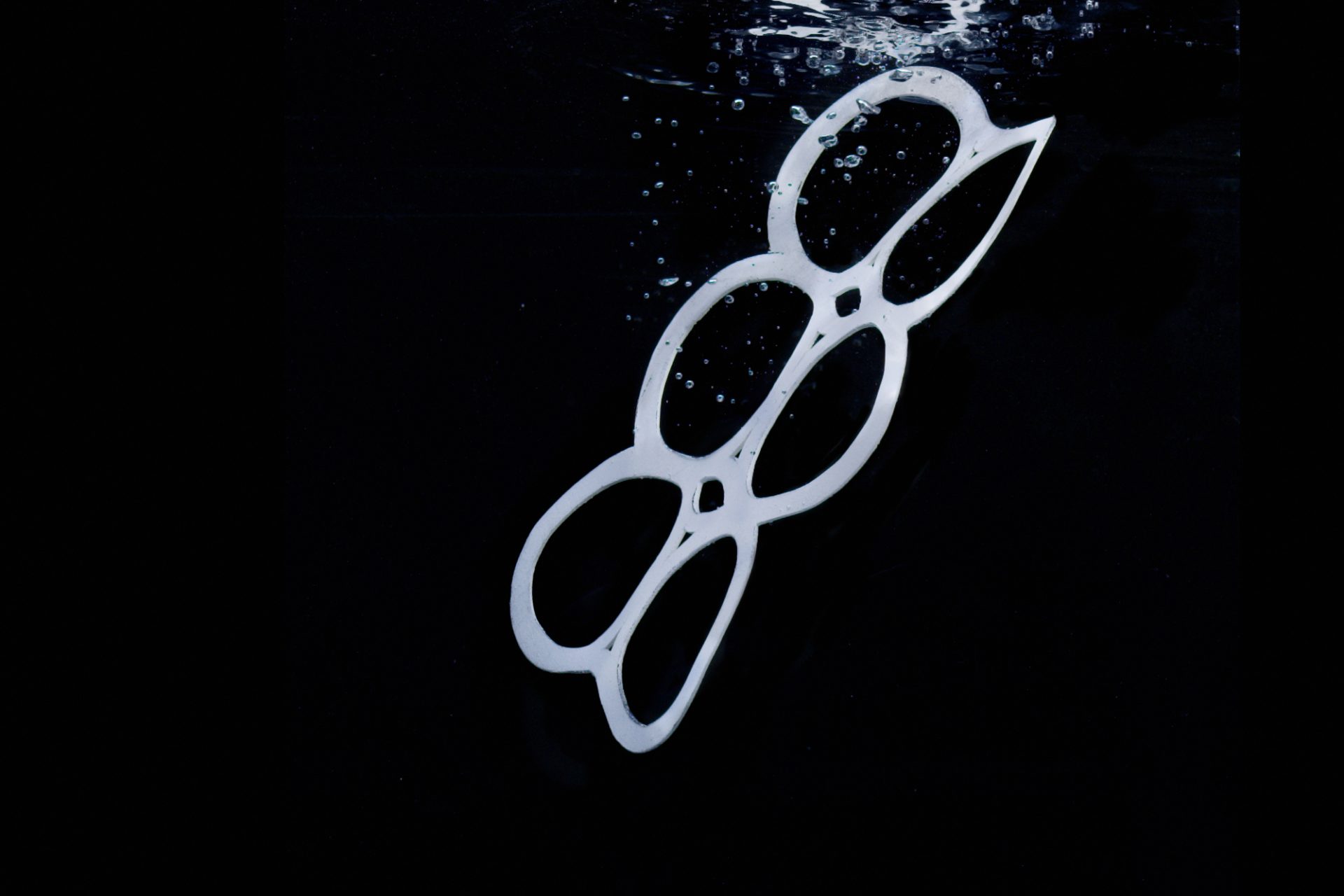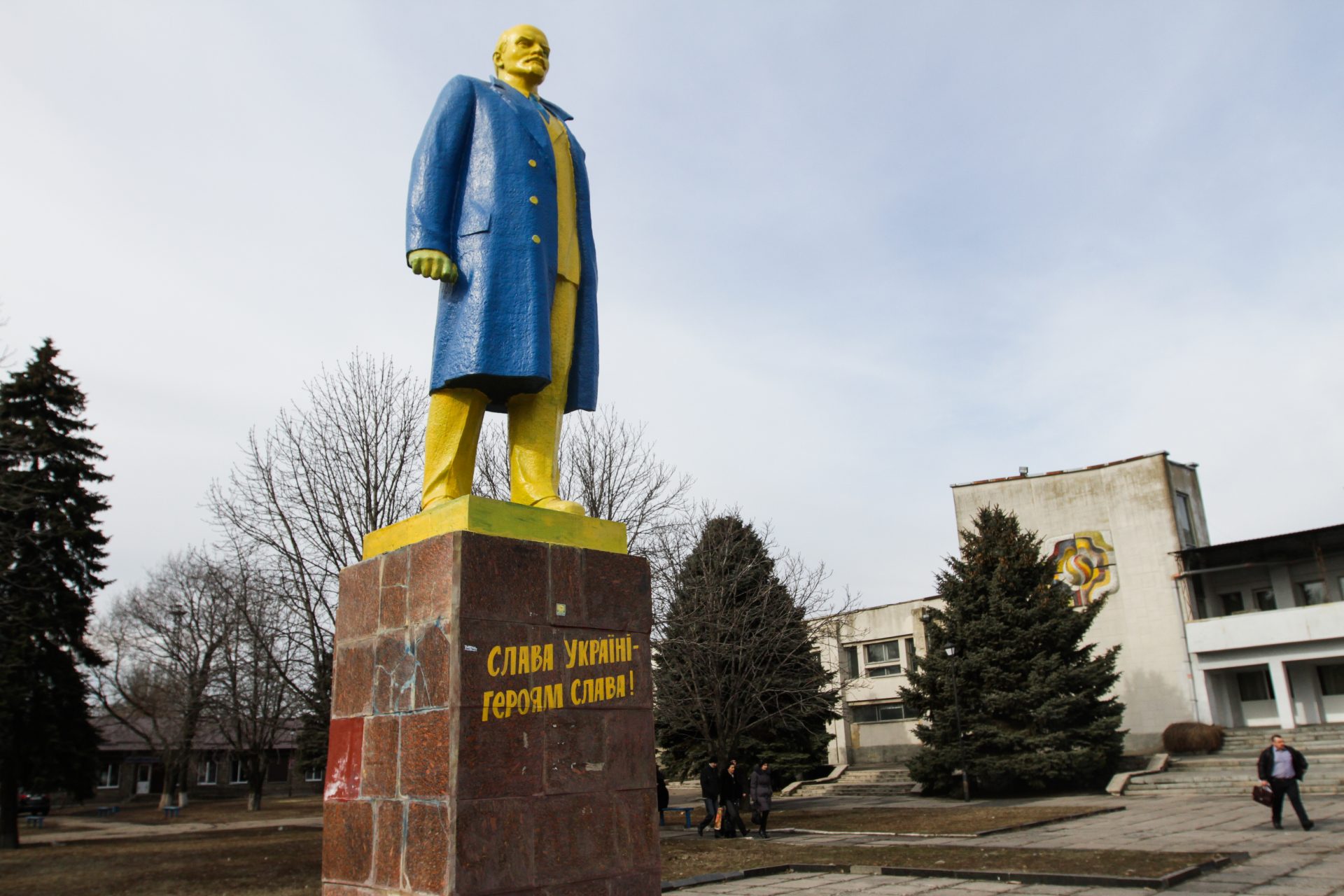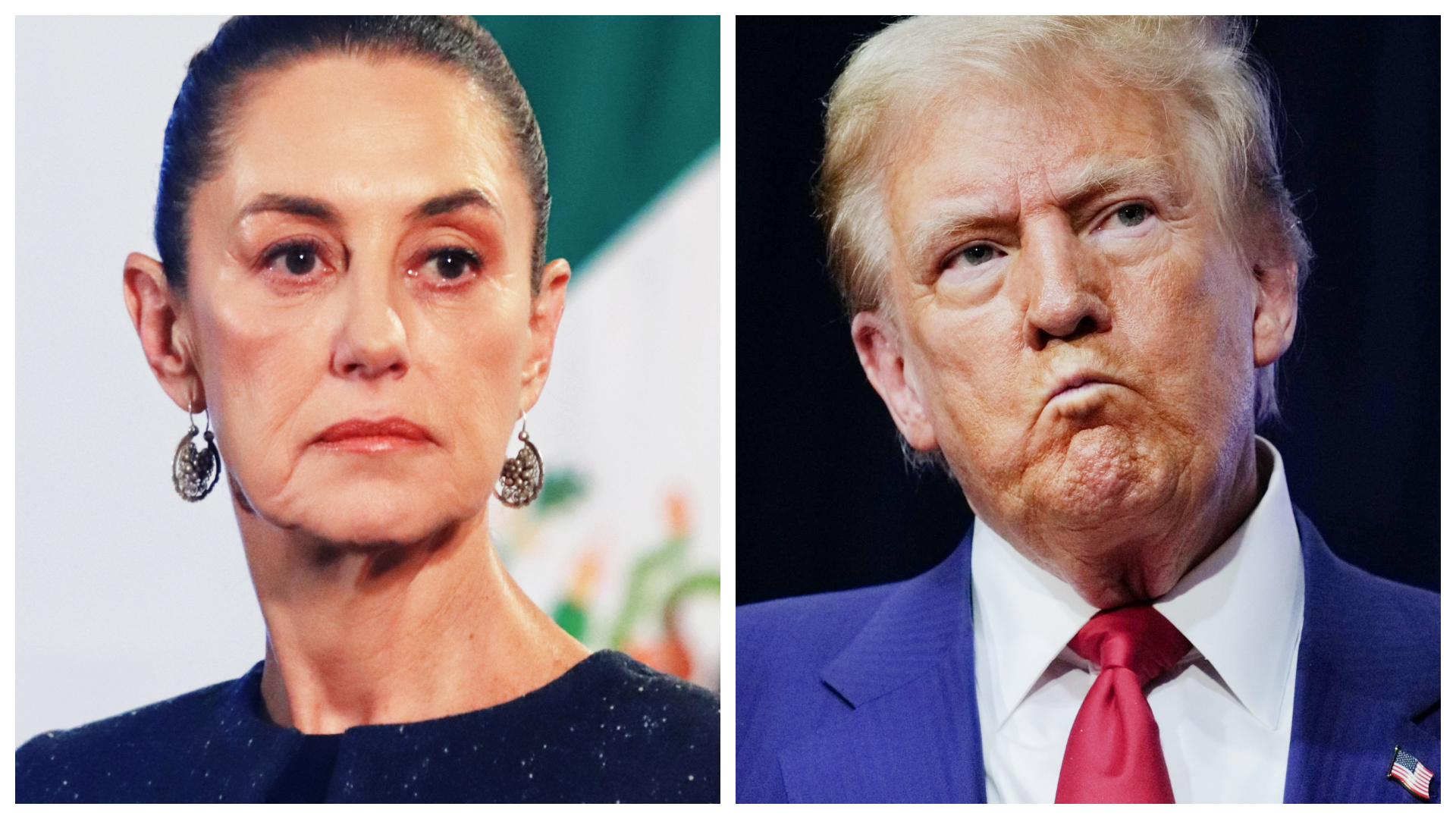Canadians are fed-up with their broken country
Canadians used to be a proud bunch but that isn't quite the case these days. A recent poll revealed that most Canadians are very unhappy with their homeland, click on to find out why.
Polling from Ipsos conducted exclusively for Global News discovered that 70% of people believe that Canada is broken, an accusation that Prime Minister Justin Trudeau’s Conservative Party rival Pierre Poilievre often makes about the country.
“He’s capturing a mood. It’s not something that Pierre Poilievre has created,” Ipsos CEO Darrell Bricker said about Poilievre. “He’s simply identifying the conditions that he’s seeing out in the Canadian public and calling it out and labeling it.”
Ipsos polled 1,001 Canadians between June 12th and 14th and discovered that feelings of pessimism about the country were highest among survey participants aged between 18 to 34—78% of which believed that the country needed to be fixed.
Bricker told Global News that the findings of the new polling revealed the real frustration Canadians are feeling towards their country, explaining that people do not really believe their country is broken, but rather that its institutions aren’t working.
“Do people feel like their country is broken? No. They feel more like their institutions are broken and they’ve lost a sense of togetherness,” Bricker said. He also noted that public opinion from the last 35 years shows the problem is the worst it has ever been.
“People do not feel like they’re succeeding in life these days, as they should be,” Bricker added. This sentiment was borne out in the polling from Ipsos which examined a range of metrics focused on the country now versus five years ago.
Ipsos found 35% of Canadians were less likely to feel proud of their country than they were five years ago while three in ten said they were less likely to attend a Canada Day event or display a Canadian flag around the national holiday.
More worrying than the previous findings were the revelations that 27% of Canadians were less likely to speak positively about their country today than five years ago and 20% said they were less likely to learn about the country’s indigenous heritage.
Luckily, the new polling wasn’t all bad. Bricker reported that there was some good news showing older generations are a little more optimistic about the country’s future but said that feelings among younger voters are what could impact the next election.
Photo by Marcos Paulo Prado on Unsplash
“Older Canadians tend to be a little bit more optimistic about what the country has been because it’s worked for them. But younger Canadians… they’re the ones who are saying, ‘You know, it’s not working for me,'” Bricker said.
“And as a result, they’re looking for change, and the agent of change in this particular situation is for them as the Conservative Party,” Bricker added. Whether or not Poilievre and his Conservative Party will take the younger vote has yet to be seen, But political winds are changing.
The recent Liberal Party loss in the Toronto-St. Paul’s byelection has shaken up federal politics, and calls seem to be growing for a change in direction from the Prime Minister and his government.
Abacus Data CEO David Coletto told The Hill Times that the byelection confirmed much of the previous year’s polling that suggested Canadians were “deeply anxious about the state of Canada” and wanted change.
Colletto added that the victory of Conservative candidate Don Stewart in Toronto-St. Paul’s on June 24th was “just another piece of evidence” showing the Liberals will have “a really hard time unless these public perceptions fundamentally change before the next election.”
Global News reported that the surprise defeat has also prompted questions about the Prime Minister’s political future, a situation that some Trudeau-hating Canadians may find a reason to celebrate on Canada Day 2024.
More for you
Top Stories



